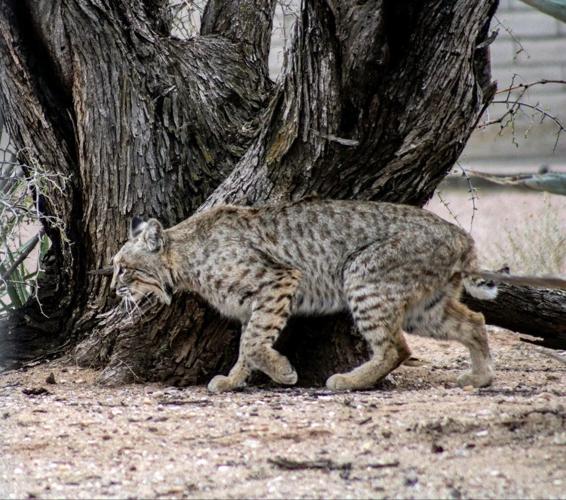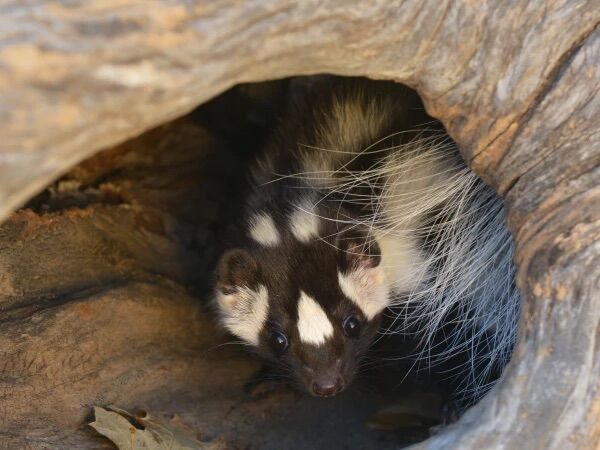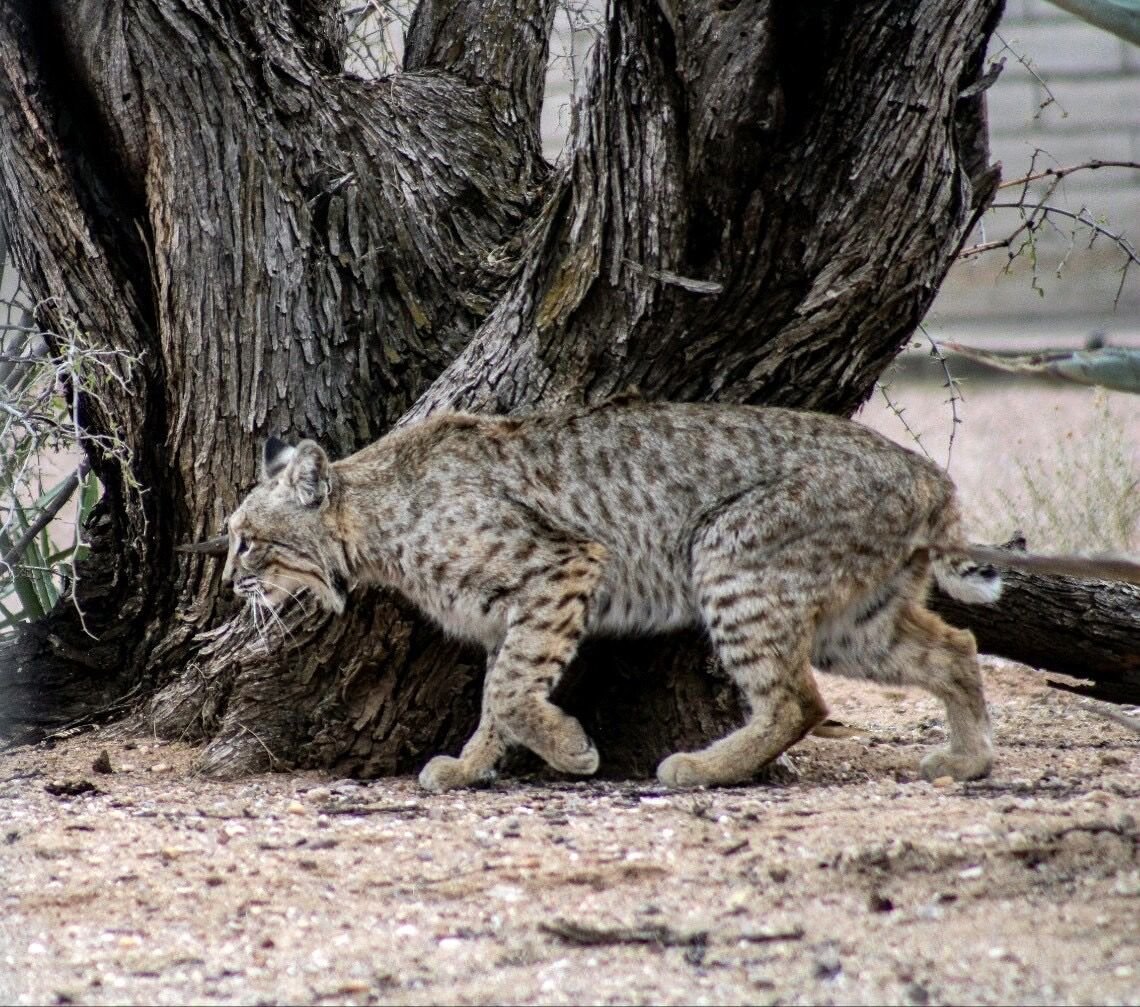State and federal wildlife officials are warning people to be on the lookout for rabid animals after a recent rash of attacks around Tucson in the past two months.
A skunk, a fox and two bobcats have bitten or scratched people in four separate incidents of suspected rabies since Nov. 27, said Arizona Game and Fish Department spokesman Mark Hart.
“That’s unusual,” Hart said, though the agency is not ready to call it an outbreak just yet.
The latest attack occurred in the Rincon Mountain District of Saguaro National Park on Sunday, when a bobcat bit and scratched a man on Cactus Forest Drive. The man was treated at an emergency room and released following the attack, Hart said.
State wildlife officers responded to the scene but were unable to locate the animal. “We were out looking for it in the rain,” Hart said.
The National Park Service issued its own warning about rabies at Saguaro on Tuesday, after staff members recently found several dead foxes in the national park. The park has also received reports of abnormal behavior by foxes and raccoons there, on top of Sunday’s bobcat attack.
Park officials said no carcasses have yet been recovered in good enough condition to test for rabies in the animals.
According to Hart, the only confirmed case so far was a bobcat that attacked a woman in her carport off east Redington Pass Road on Nov. 27. That animal tested positive for the fatal disease after it was captured and killed by authorities.
Rabies is also suspected in a Dec. 27 incident involving a gray fox at the Molino Basin campground in the Catalina Mountains. Hart said the fox bit one person and tried to attack another, but that person fended the animal off with a mountain bike.
The fourth attack occurred in Madera Canyon on Jan. 13, when a skunk bit a man and chased several other people at the Proctor Trailhead.
Neither the skunk nor the fox were recovered, but Hart said late-stage rabies is suspected in both cases.
The viral disease is spread through the saliva of an infected animal, typically as the result of a bite, a scratch or contact with the mucus membrane. It is curable with proper medical care shortly after exposure, but the virus is almost always fatal, even in humans, if left to advance untreated.
There’s no need to avoid the outdoors, even in the places where recent attacks have occurred, but officials said people should be on the lookout for animals behaving strangely. Possible warning signs include unsteady movements, disorientation, extreme thirst, excessive salivation and aggression.
Regardless of behavior, though, wild animals should only be observed from a safe, respectful distance and never handled, officials said.
The Park Service also reminded visitors to vaccinate their pets for rabies, keep them on a 6-foot leash at all times and only take them on trails where they are allowed. A veterinarian should be consulted if a pet comes into close contact or is bitten by a wild animal, park officials said.
Hart said rabies is “always present in wildlife populations,” with bats, foxes and skunks as the most frequent carriers.
Even so, confirmed cases are relatively rare. Fewer than 60 wild animals statewide tested positive for the virus last year, according to statistics from the Arizona Department of Health Services.
Pima County had 26 of the confirmed cases in 2023 — all of them bats, with the exception of the bobcat off Redington Pass Road.
To report potentially rabid animals or other wildlife incidents, call the Arizona Game and Fish Department’s 24-hour dispatch center at 623-236-7201.
Get your morning recap of today's local news and read the full stories here: tucne.ws/morning







